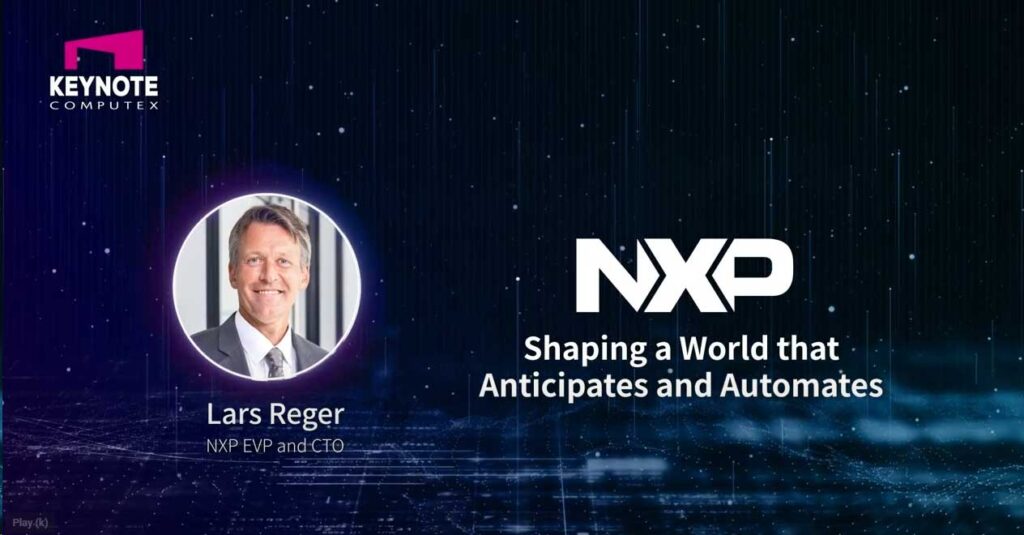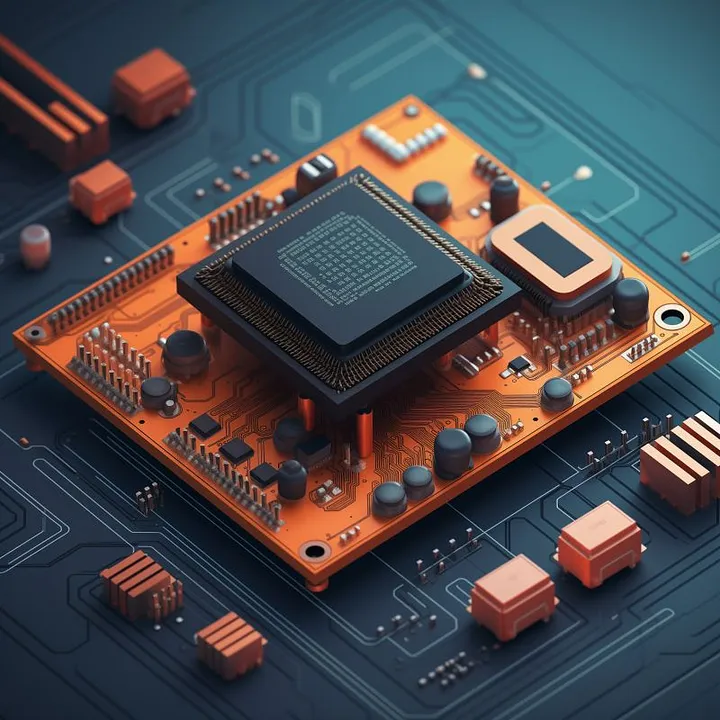During the second day of Computex 2024, Lars Reger, the Chief Technology Officer of NXP Semiconductors, delivered a keynote address outlining the company’s vision for the future of AI and robotics. By 2050, NXP aims to significantly advance AI technologies and develop responsible robots that can seamlessly integrate into human society.
Reger’s speech highlighted NXP’s commitment to innovation in AI, emphasizing the importance of creating intelligent systems that are not only effective but also ethically responsible. He stressed that the future of AI and robotics should be centered around human-centric design, ensuring that these technologies enhance human capabilities without compromising ethical standards.
The keynote provided insights into NXP’s strategic roadmap for AI development. Reger discussed the company’s focus on several key areas, including autonomous driving and industrial automation technologies. NXP envisions a future where AI-driven systems can operate independently while adhering to stringent safety and ethical guidelines.
One of the critical points in Reger’s address was the concept of “responsible robots.” He elaborated on the necessity for robots to be designed with built-in ethical frameworks that guide their decision-making processes. This approach aims to prevent potential misuse or unintended consequences of advanced robotic systems. NXP’s goal is to create robots that can make autonomous decisions while respecting human values and societal norms.
Reger also touched upon the technological advancements required to achieve these goals. He mentioned the importance of developing robust AI algorithms capable of real-time decision-making and learning. Additionally, the integration of advanced sensors and communication technologies will be crucial in enabling robots to interact effectively with their environment and human users.
NXP’s vision extends to the automotive industry, where the company aims to revolutionize autonomous driving. Reger highlighted the potential of AI to improve vehicle safety, efficiency, and user experience. By 2050, NXP envisions a world where autonomous vehicles are commonplace, significantly reducing traffic accidents and emissions. The company is investing heavily in developing AI systems that can navigate complex urban environments and respond dynamically to real-time traffic conditions.
For industrial automation, NXP is focusing on creating intelligent manufacturing systems that can adapt to changing production needs. Reger discussed the potential of AI to optimize supply chains, enhance production efficiency, and reduce operational costs. By leveraging AI, NXP aims to transform traditional manufacturing processes, making them more flexible and responsive to market demands.
Reger concluded his address by emphasizing the importance of collaboration and partnerships in achieving these ambitious goals. He called for a collective effort from industry leaders, researchers, and policymakers to drive innovation in AI and robotics. By working together, Reger believes that society can overcome the challenges and unlock the full potential of these transformative technologies.
Long time technology industry fan here in Taiwan.



